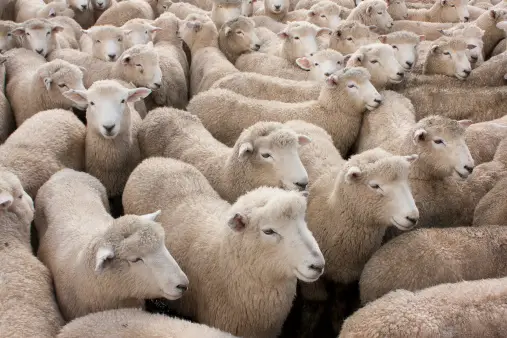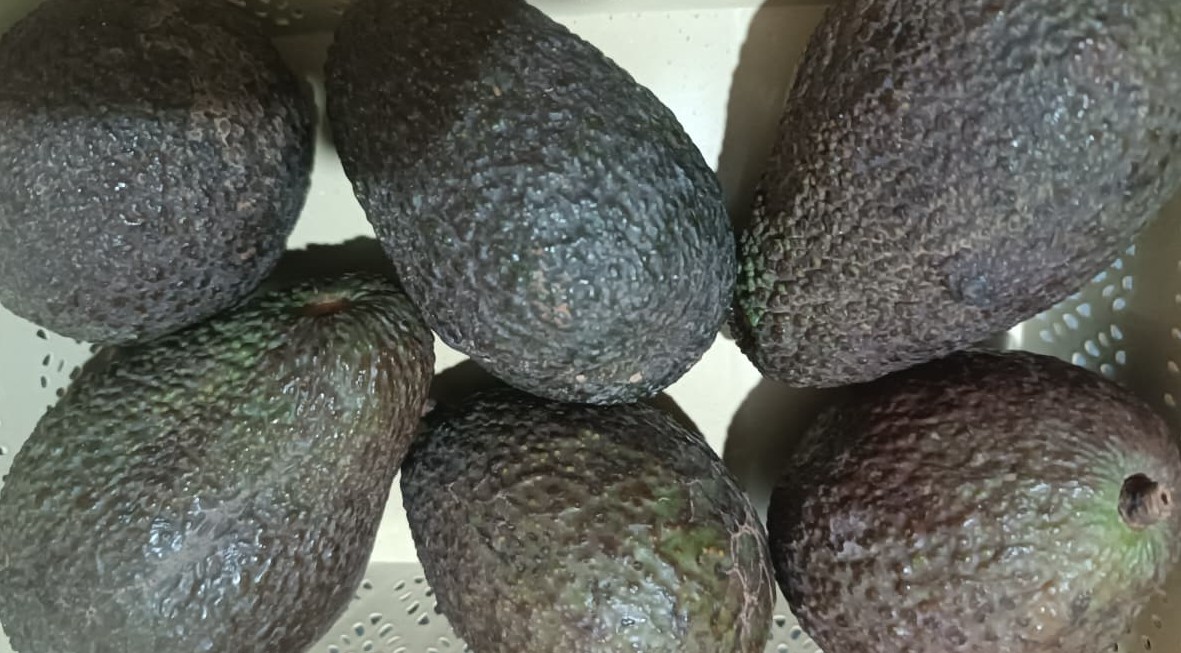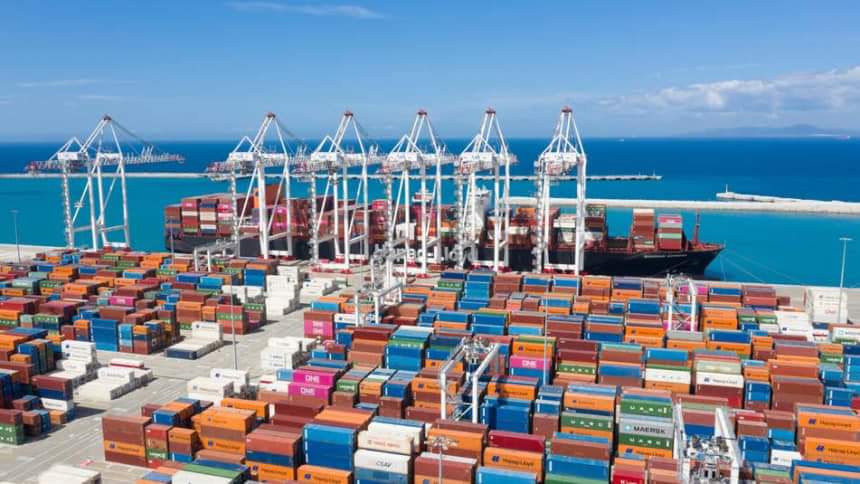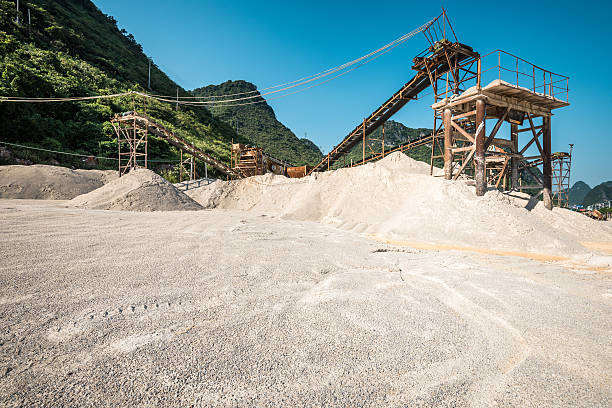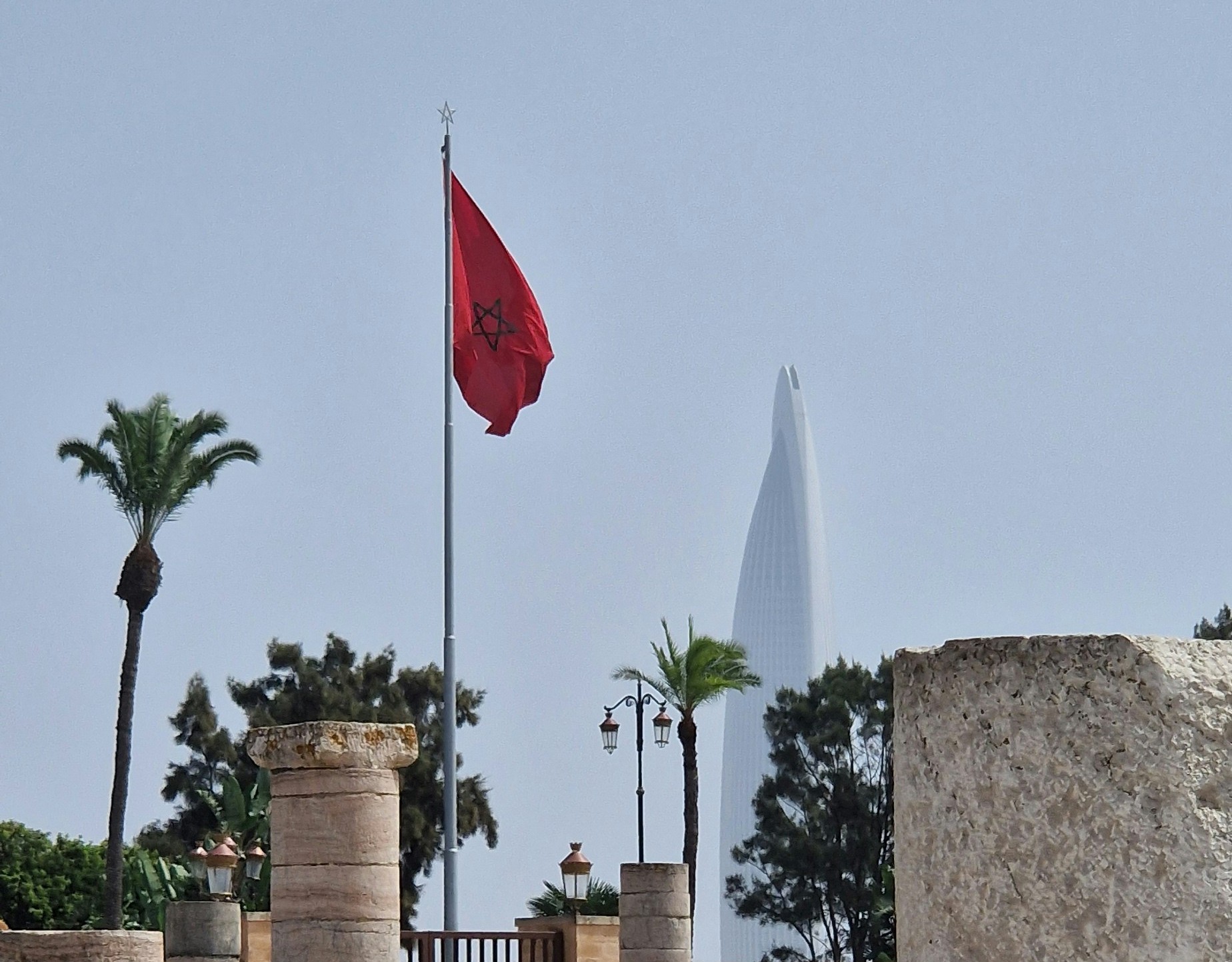Casablanca– In response to escalating demand for red meat during the fasting month of Ramadan, Morocco has intensified its imports of Spanish sheep and goats. Reports from the Spanish news agency “EFE” reveal that Morocco has initiated the importation of approximately 25,000 heads of sheep along with additional calves from Spain, destined for various ports across the kingdom. This strategic move is aimed at alleviating the strain on domestic meat prices, which have witnessed significant spikes due to heightened consumer demand during Ramadan.
According to sources cited by “EFE,” Morocco’s imports from Spain have surpassed those of other North African nations, underscoring the kingdom’s continued reliance on Spanish livestock. This surge in imports follows a pattern observed last year when Morocco imported a substantial volume of Spanish sheep ahead of Eid al-Adha, following approval from the Ministry of Agriculture, Fisheries, Rural Development, Water, and Forests.
Moroccan consumers are optimistic that these imports will help alleviate the soaring prices of red meat, which have, at times, exceeded eighty Dirhams per kilogram ($8.24). However, sector experts caution against expecting a significant impact on domestic prices, citing the relatively modest scale of imports and the higher cost of Spanish livestock compared to local breeds.
Sector professionals emphasize that while the imports from Spain are notable, they are unlikely to exert substantial pressure on prices in the Moroccan market. The prices for Spanish livestock remain higher than domestic breeds, presenting challenges in achieving significant price reductions.
In anticipation of Eid al-Adha, importers are awaiting further directives from the Ministry of Agriculture regarding the availability of livestock for promotional purposes. Despite the anticipated high prices, importers are poised to explore foreign markets, including Spain, to ensure an adequate supply of livestock for the holiday, which traditionally witnesses heightened demand for sacrificial animals.
This increased focus on imports of Spanish sheep and goats underscores Morocco’s commitment to meeting the heightened demand for meat during Ramadan and Eid al-Adha. However, challenges persist in balancing consumer expectations with the realities of international trade and pricing dynamics.






